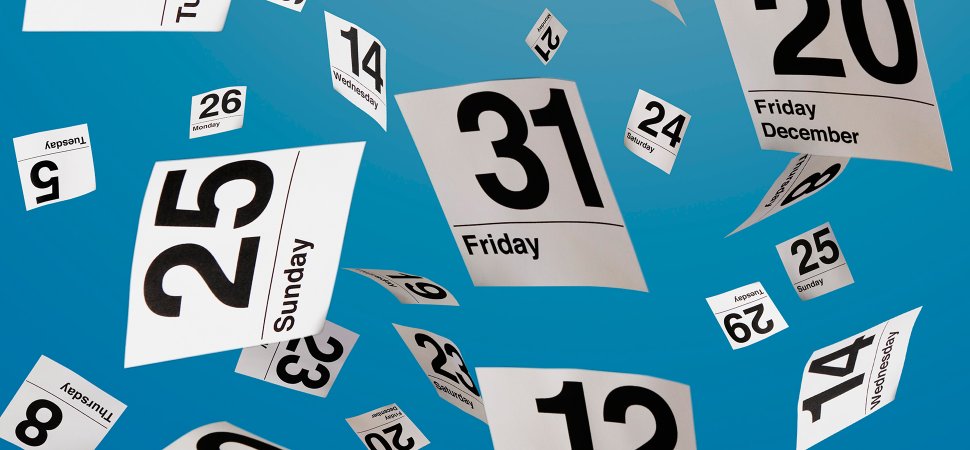Name the day and hour you will die.
When it comes to strategic planning exercises, Lanny Goodman gets right to the crux. He doesn’t ask clients where their companies will be in five years. Rather, he wants to know when they’re 25 or 35 or 50 years down the road and getting ready for the Big Sleep, how will they view their lives? Will they have exceeded their own expectations?
After all, it is your business
“When you are forced to put a stake in the ground and say, ‘OK, I’m going to live to 73 or 85,’ the purpose of that is to emphasize that this is not an open-ended gig,” says Goodman, an Albuquerque-based consultant who has worked with company founders for nearly 40 years. The exercise is meant to help entrepreneurs focus on their own needs. Recognizing and fulfilling those needs, Goodman says, increases the odds that their businesses will succeed. He calls that approach “creative selfishness.”
Selfishness is not typically viewed as a desirable trait. But for entrepreneurs, Goodman argues, it’s a critical one. A former entrepreneur himself, Goodman views companies as systems composed of the multiple “legitimate interests” of employees, customers, investors, and suppliers. Too often, founders sacrifice their own legitimate interests in the misguided belief that it will better serve the business. In fact, when the leader’s and the company’s needs are out of whack, the relationship of one to the other can become toxic.
When your company owns you
One of the great ironies of entrepreneurship is that people start companies to gain control over their lives. But most soon discover they’ve lost control to the insatiable demands of their companies. Yes, working insane hours during the first years is inescapable, says Goodman. But after a while, it becomes self-defeating as entrepreneurs wear themselves down.
“I have seen so many clients who are still putting out fires 10, 15, 20 years past the time they should have been taking a step back,” says Goodman. “They should be thinking, ‘How do I leverage myself so I can enjoy the fruits of this hard work?'”
Goodman urges entrepreneurs to be intentional about designing businesses that don’t consume them. For example, Laura and Pete Wakeman set up the Great Harvest Bread Co. so they could get away for annual three-month trips, a strategy that kept them fulfilled and refreshed for almost a quarter century. Eric Jackson, founder of Jackson Kayak, works from an RV while he tours the country’s rivers. His management-by-paddling approach generates new client relationships and product ideas.
The four crucial questions
Goodman says entrepreneurs must ask themselves four questions:
- What do I need and want from life?
- How can my business help me achieve that?
- What would such a company look like?
- How do I get my company to look like that?
Imagining your last hour on earth is part of an exercise Goodman developed to answer that first question. Entrepreneurs create timelines extending both backward and forward from the present. On the left side of the line are people and events that shaped them and whose influence they might want to replicate. (For example, entrepreneurs whose lives were changed by mentors might want to pay that forward.) On the right side of the line are people and events they envision contributing to their best-of-all-possible futures.
The exercise gets founders to focus on what is truly important. Some populate their timelines with material attainments: “My company goes public,” “I buy a Porsche Carrera.” However they are the exceptions. “When we focus on the last hour of our lives,” says Goodman, “most of us realize what matters is love, connections, service, making a difference.”
Your perfect future
Company owners are particularly well positioned to make a difference. Someone might plot on her future timeline “I hired a young woman as a mail clerk and she ended up running a division of the company and putting her kid through Stanford,” says Goodman. Those are the kinds of achievements that add up to a life well-lived.
Once leaders have identified their wants and needs, Goodman helps strategize a business plan that lets them live that future. Typically, that involves issues of time and money. “The key is leverage,” says Goodman, which means surrounding yourself with quality people who will free you to do what you do best while enjoying a deeper, richer existence.
Goodman points out that one of the most popular entrepreneurs of all time is Richard Branson. People love him “because he has accomplished a lot. He could not spend the interest on all the money he has made,” says Goodman. But more than that, “he has led an extraordinary life while doing it.”












